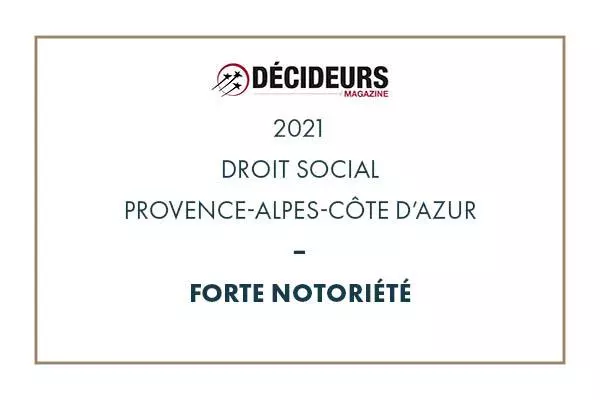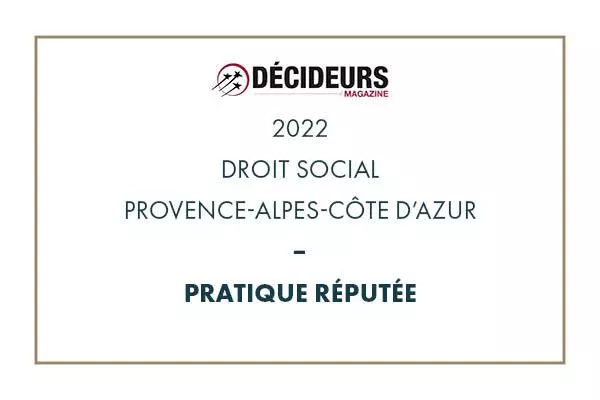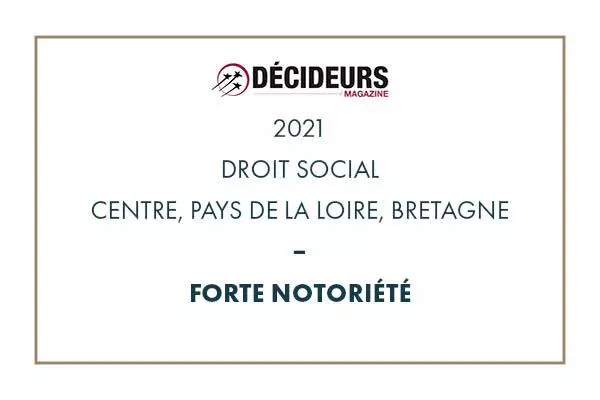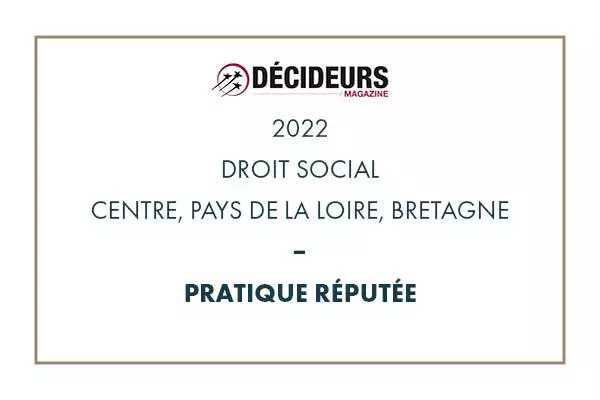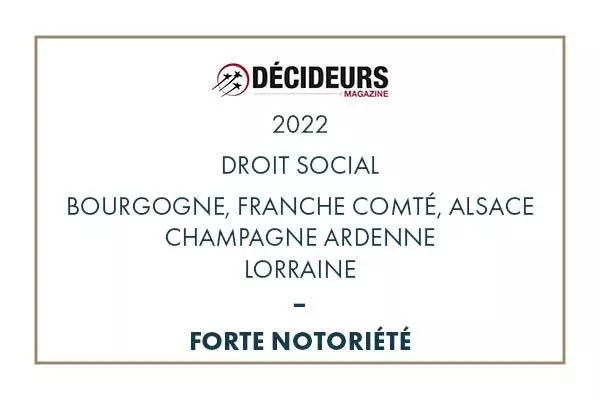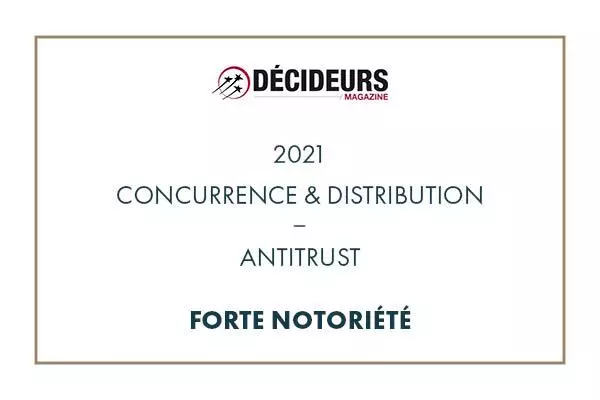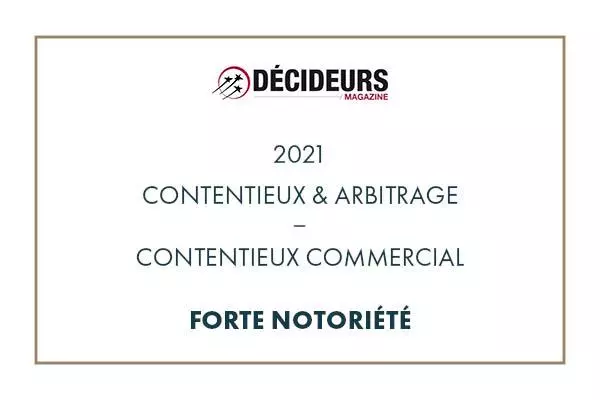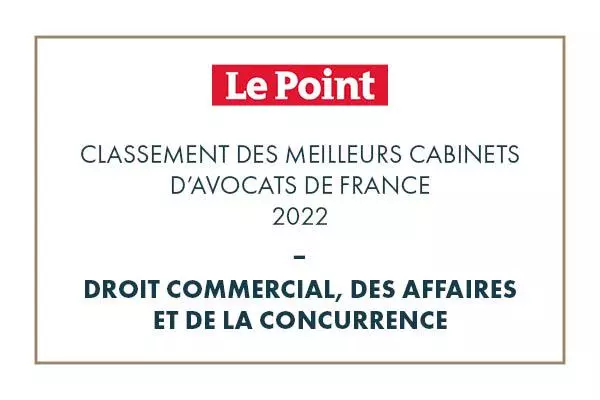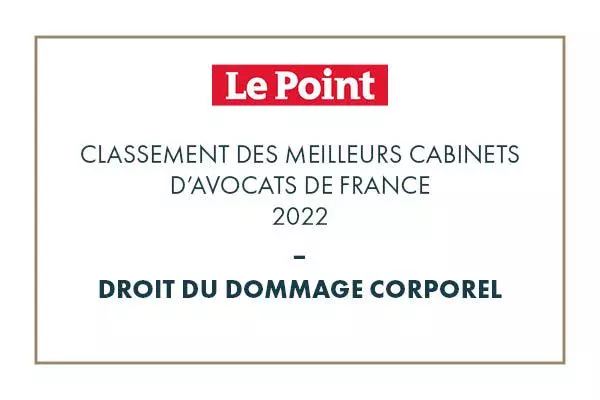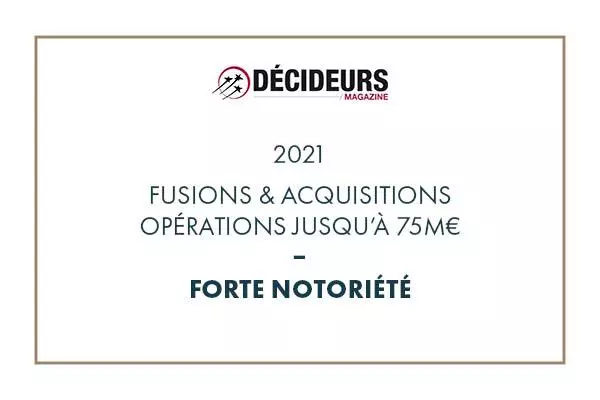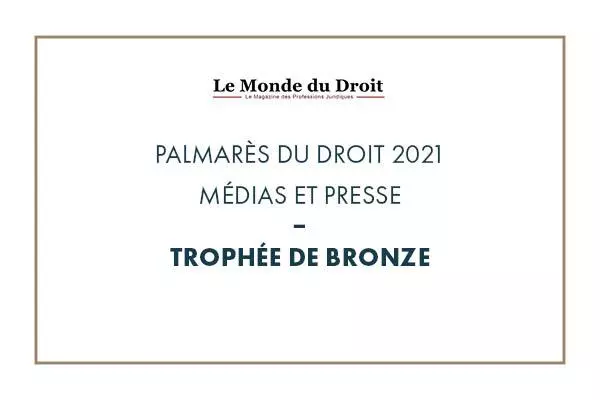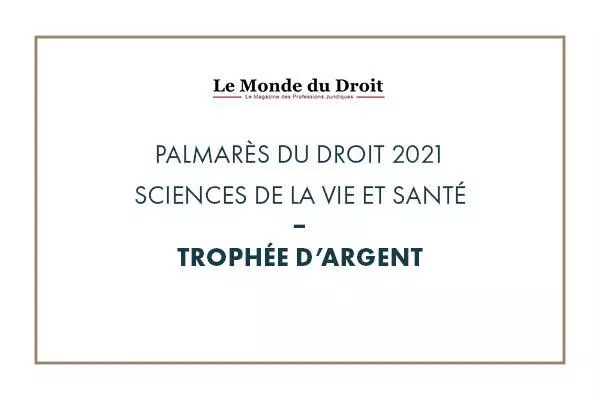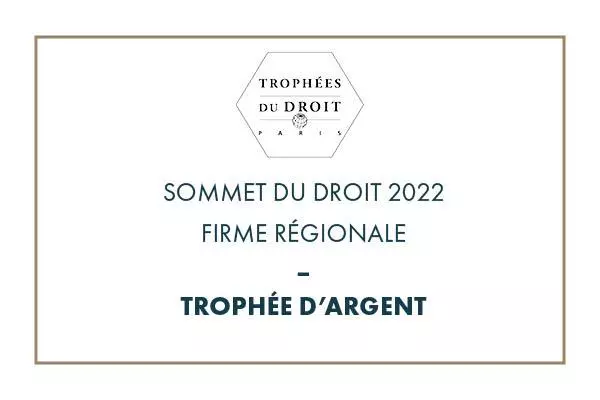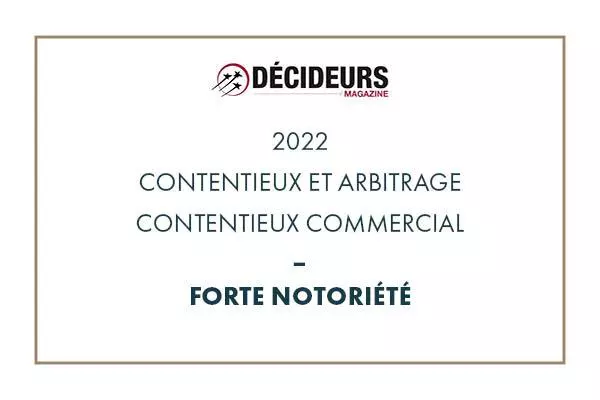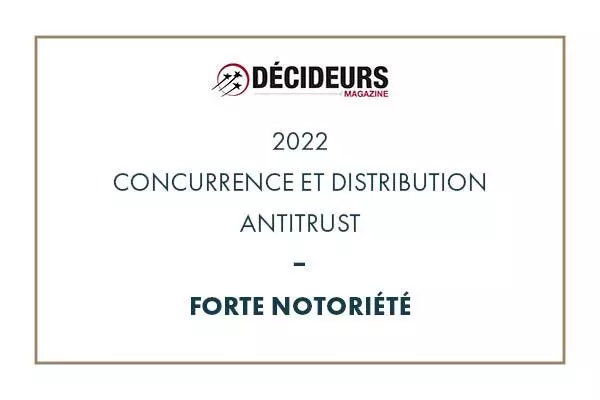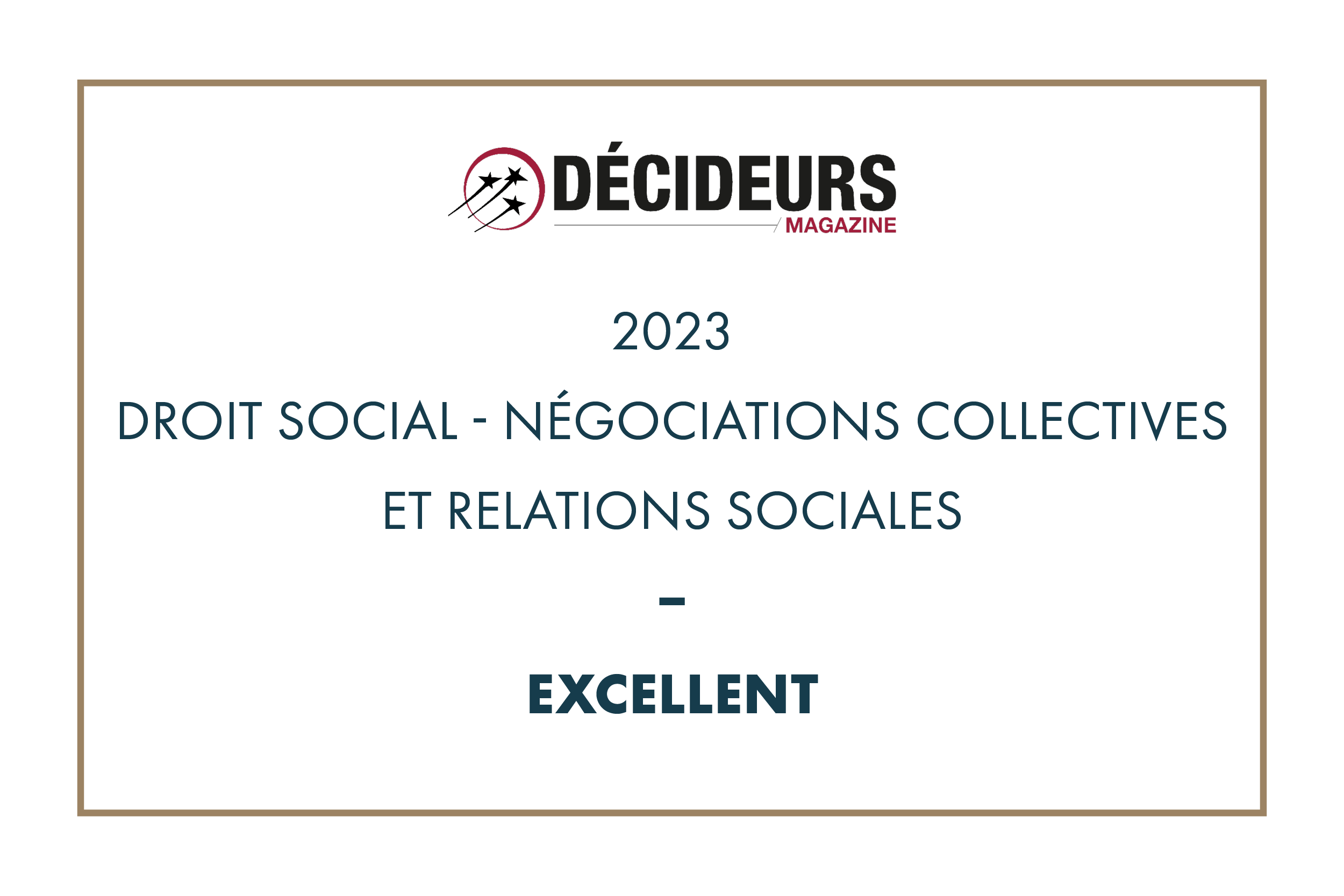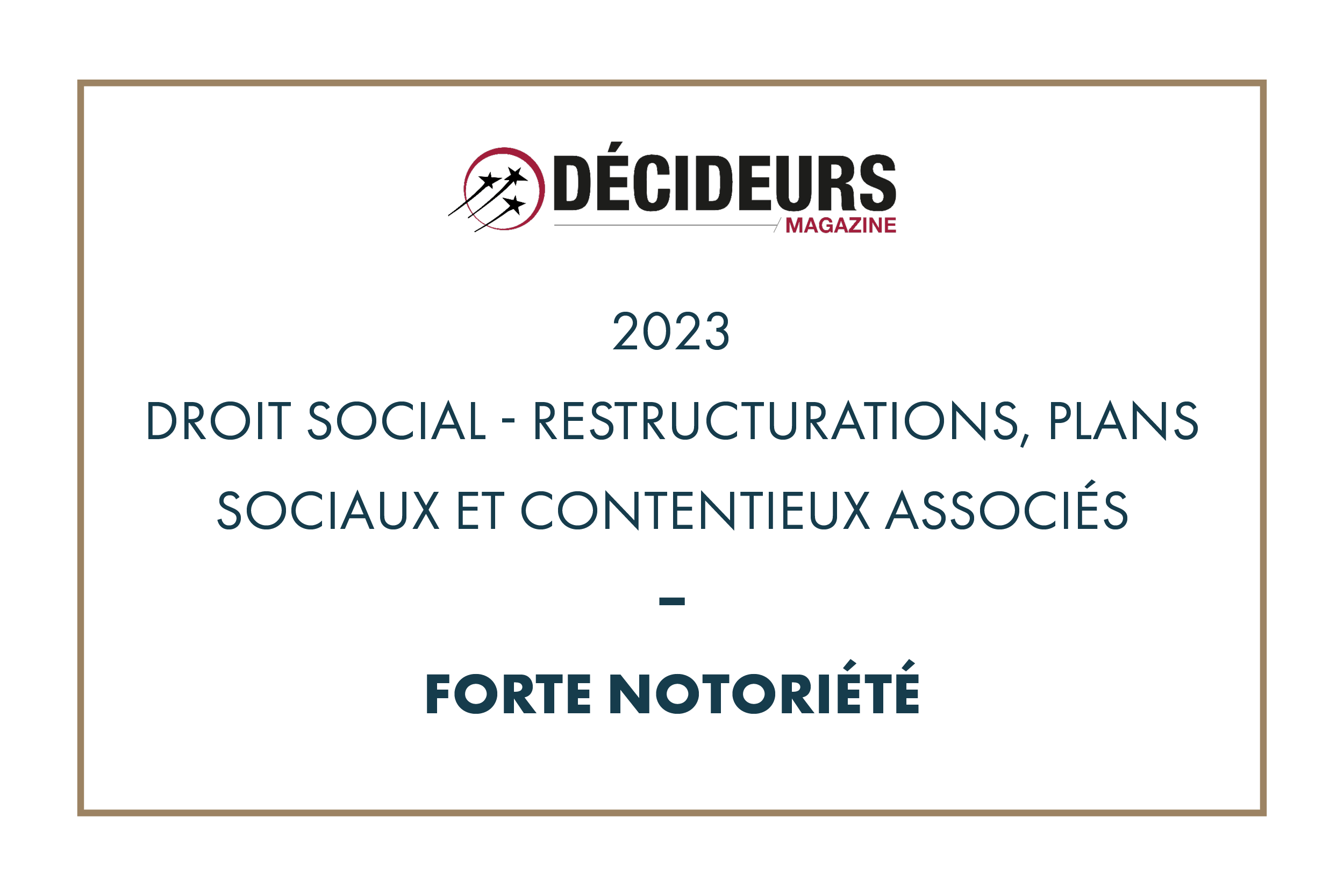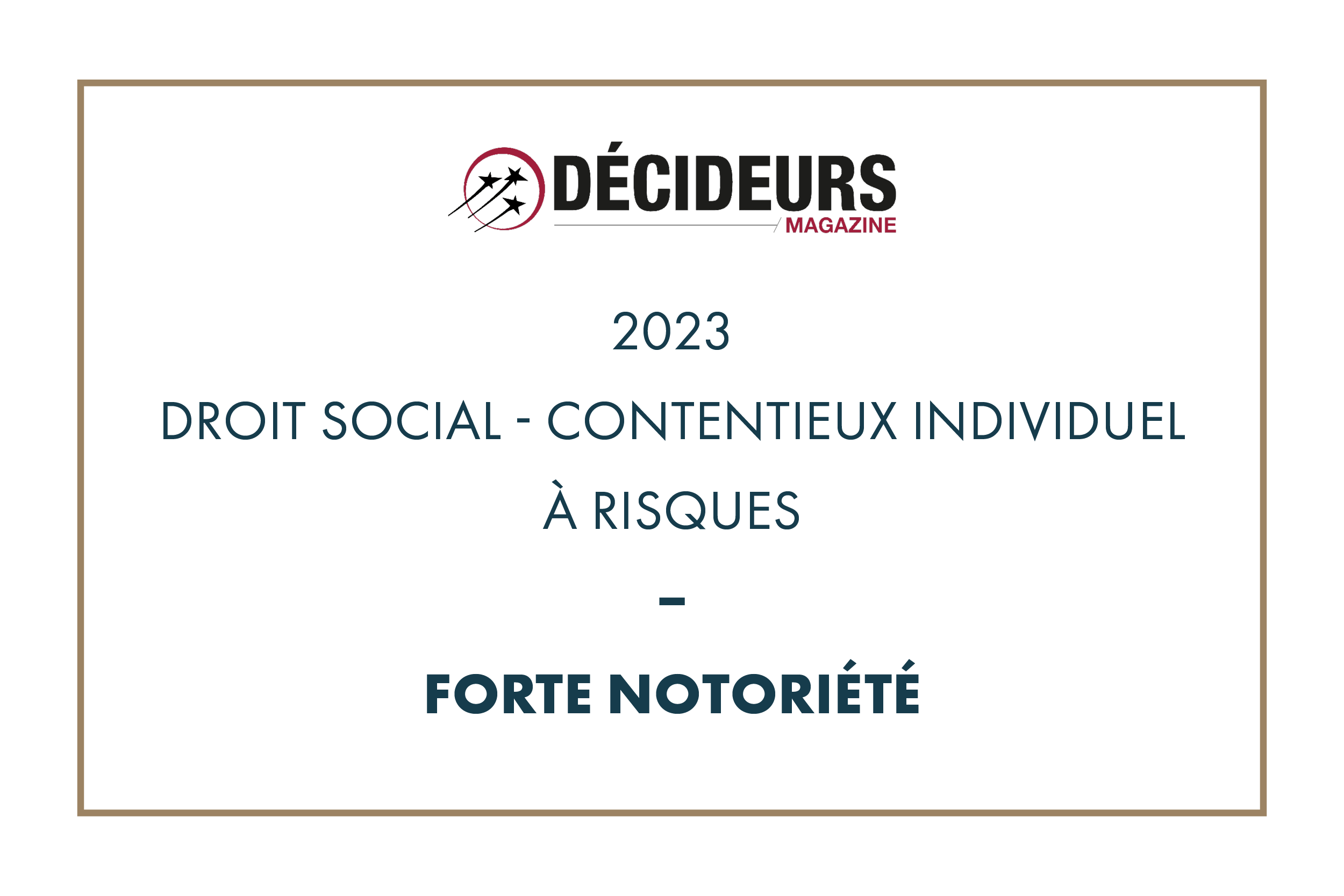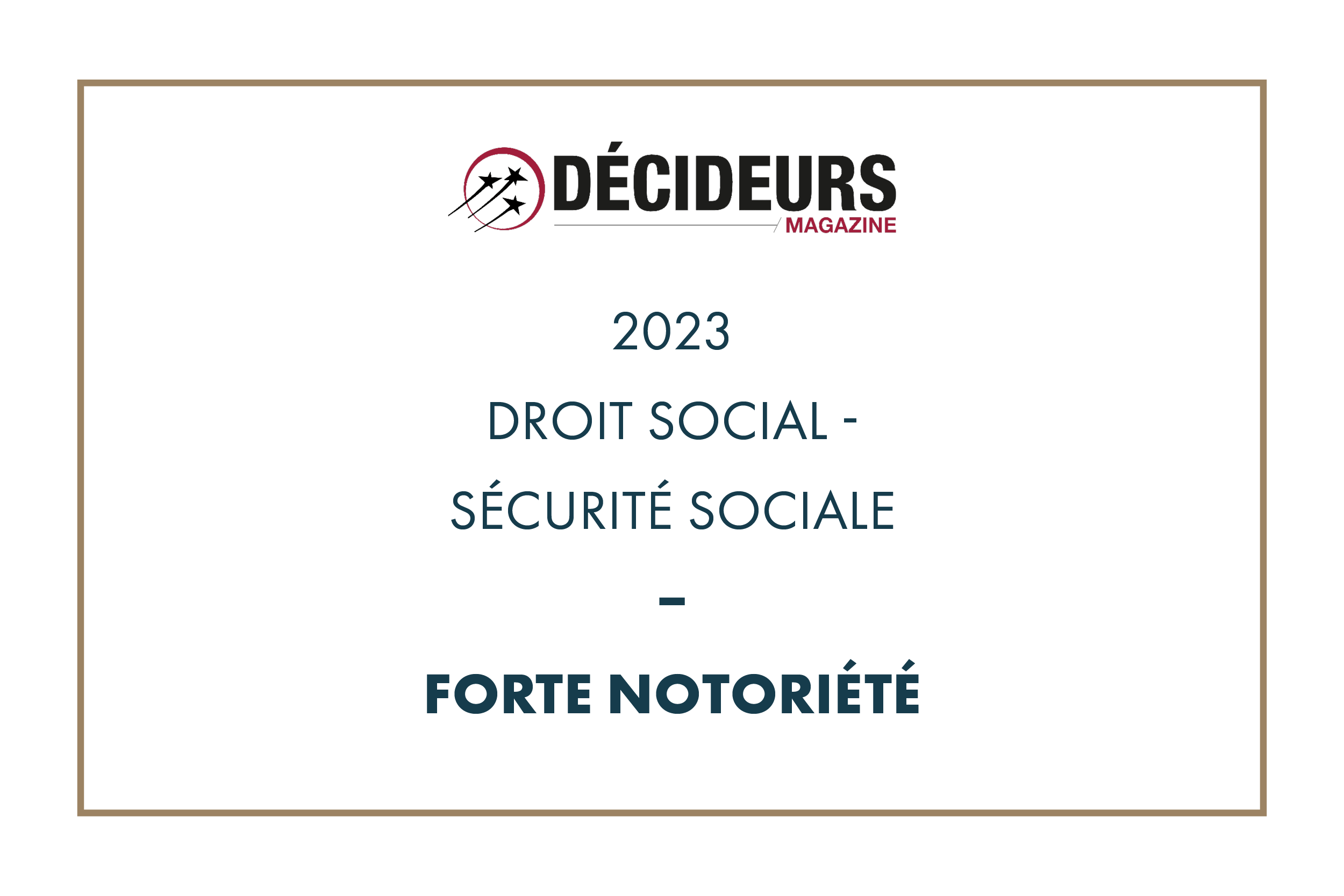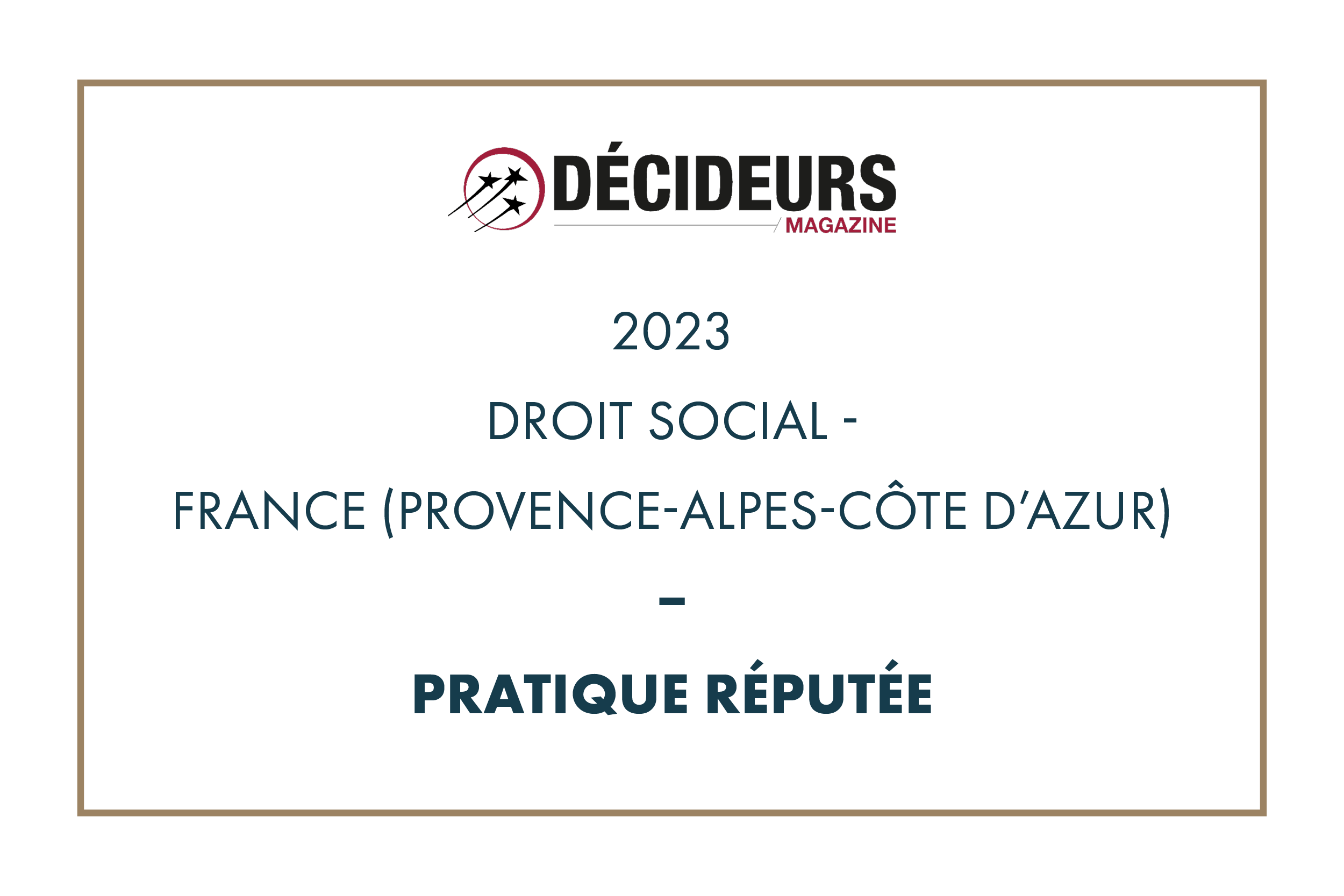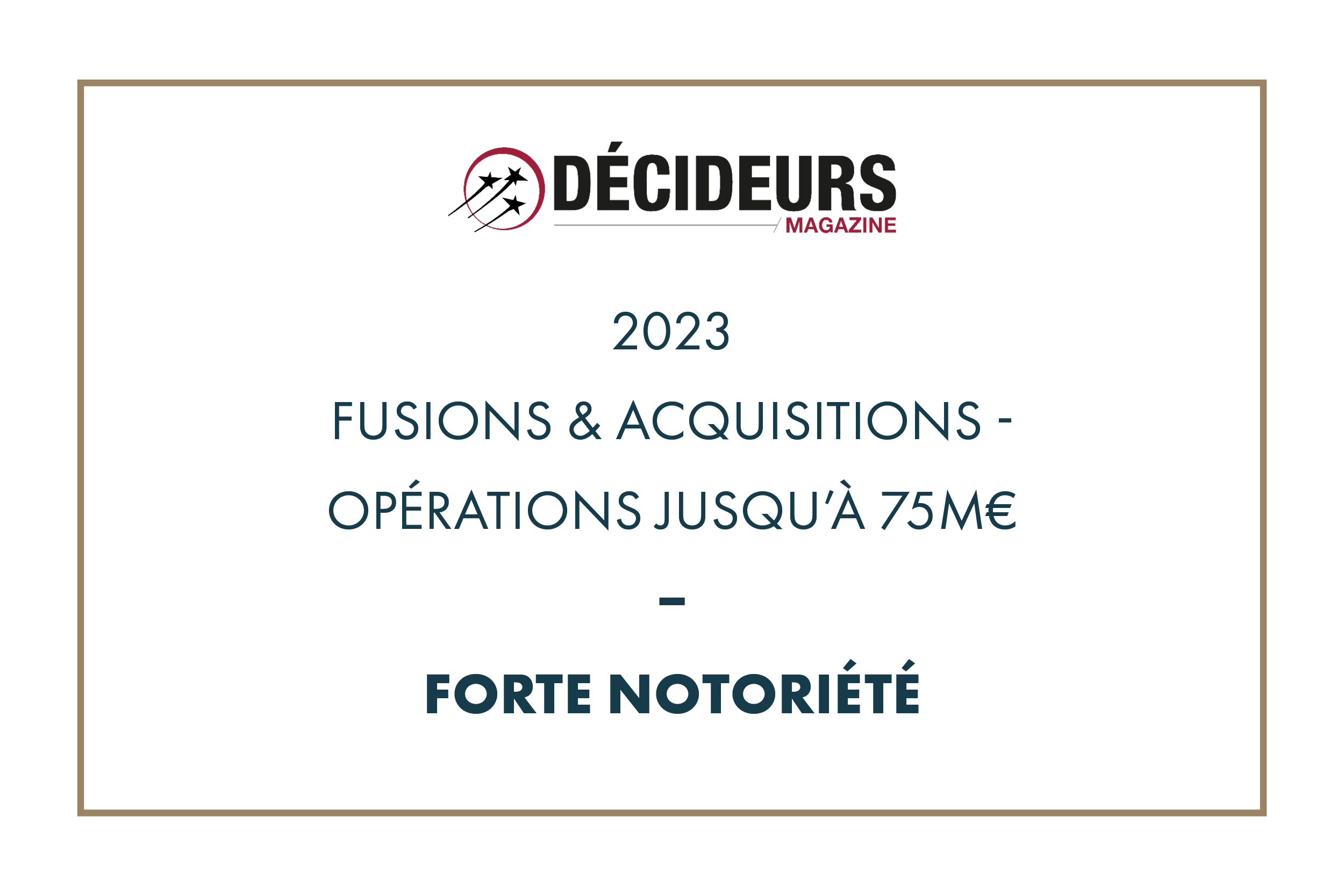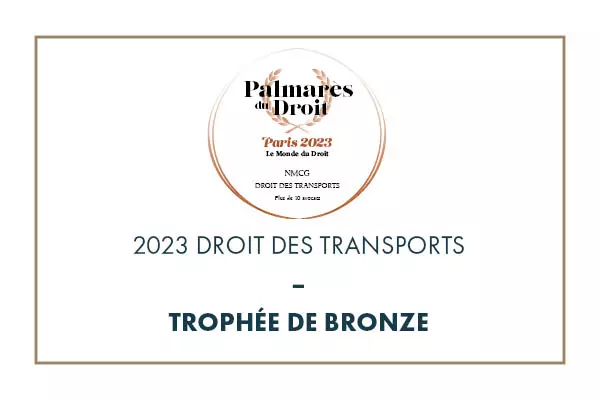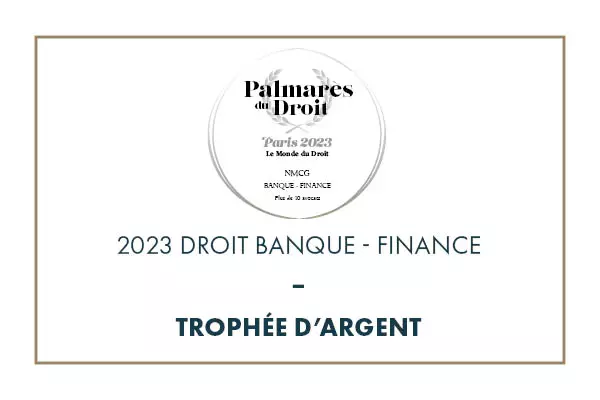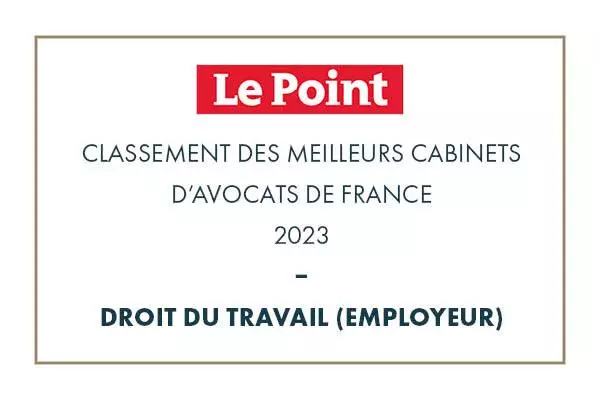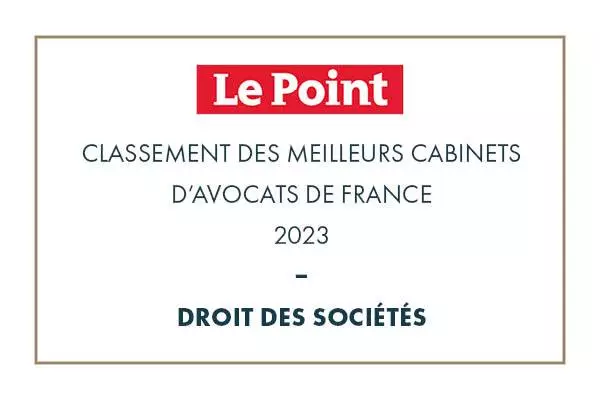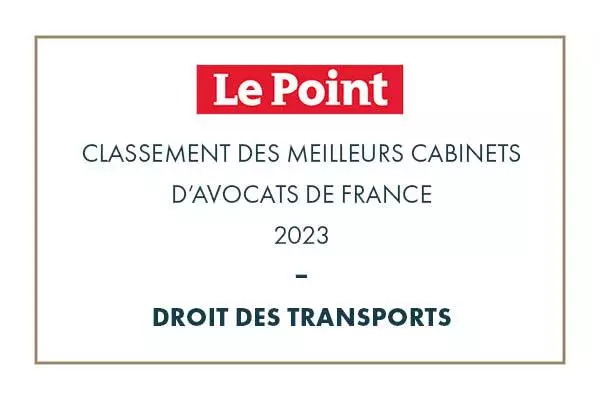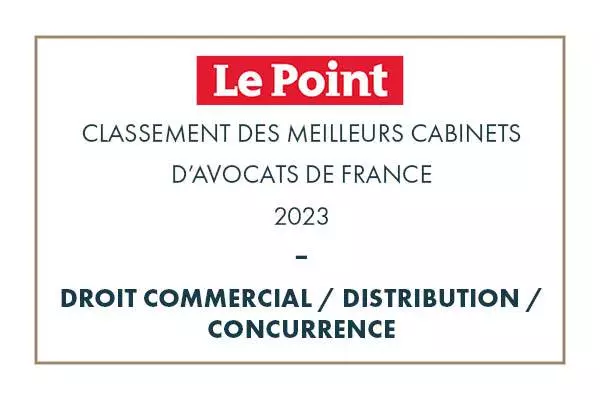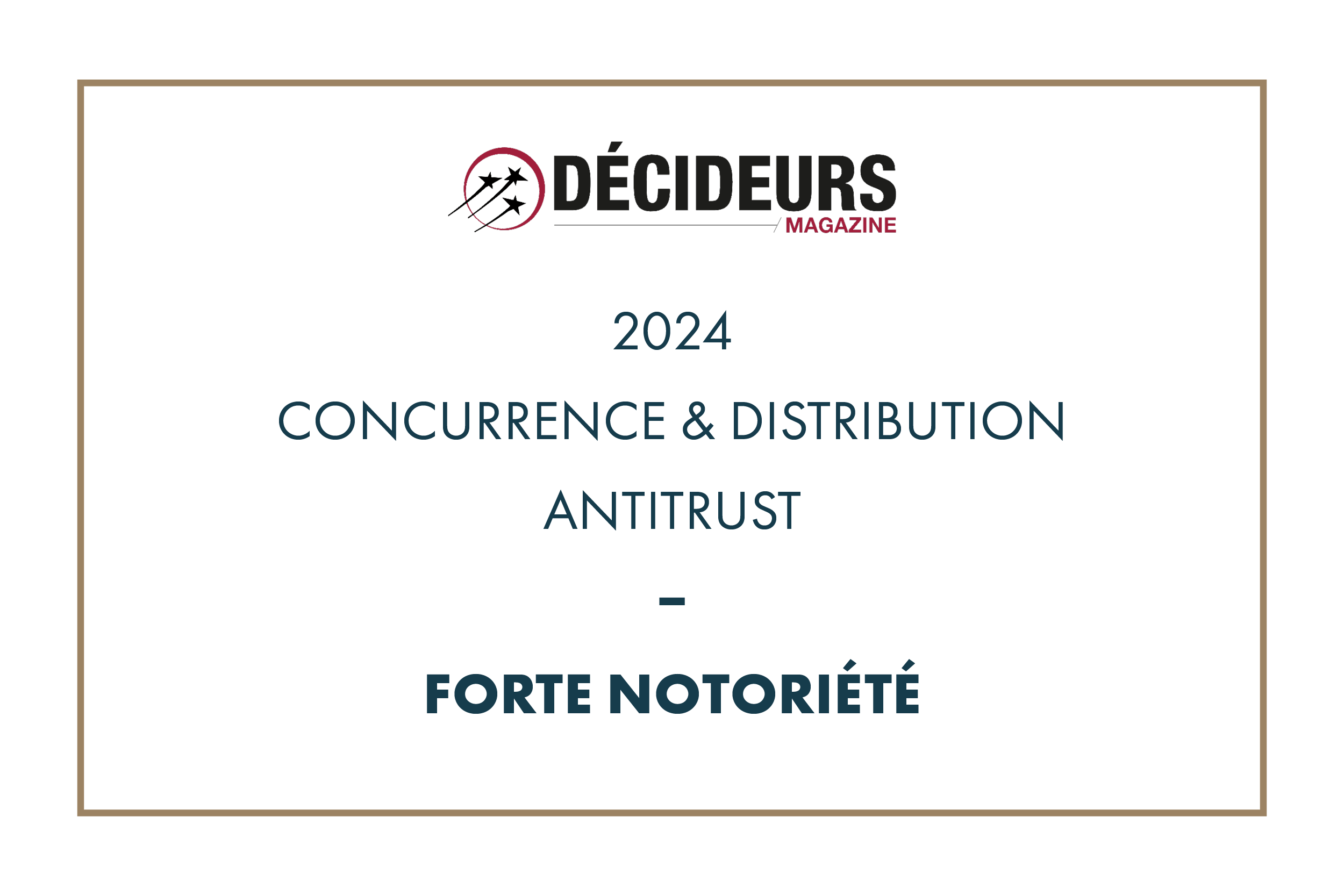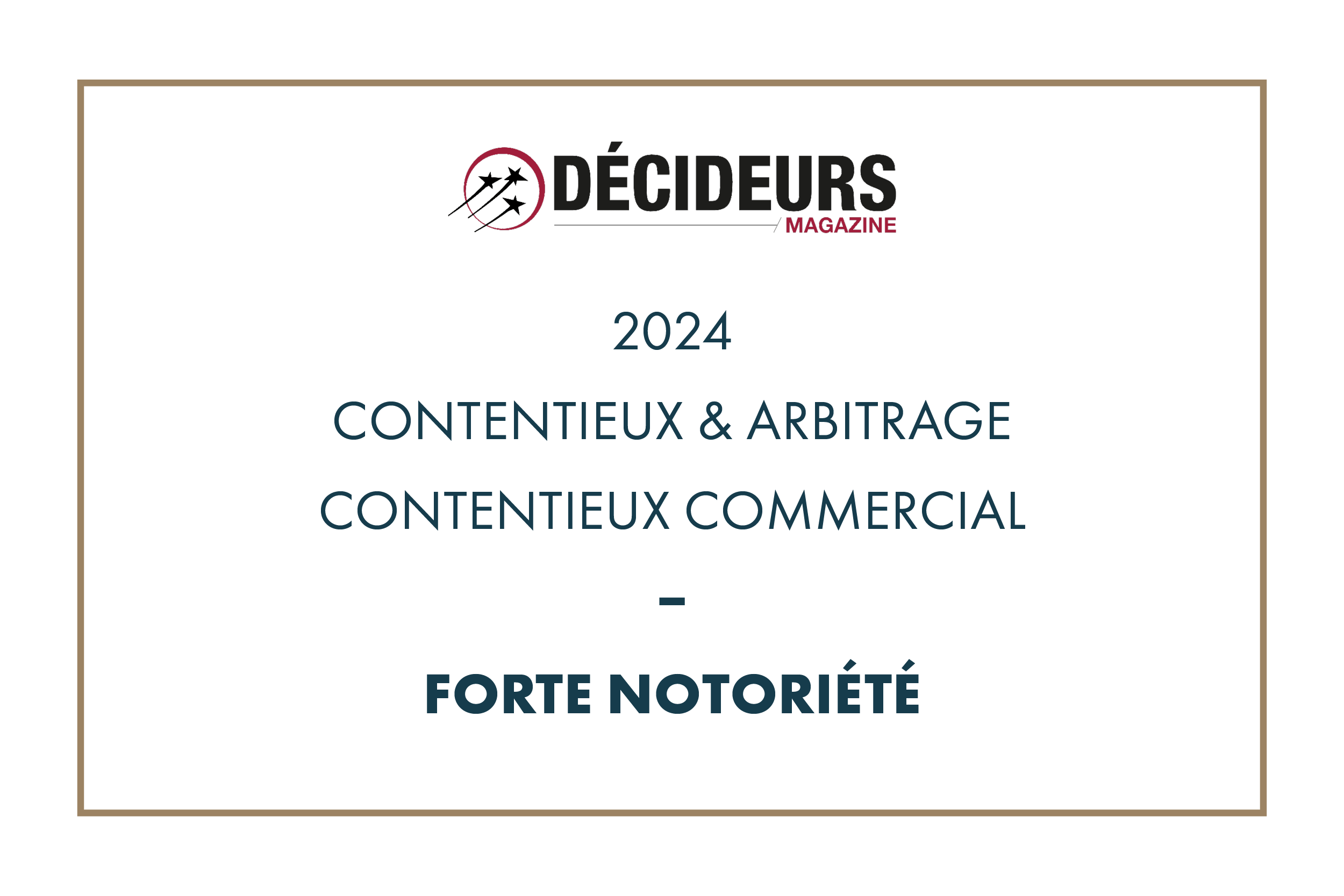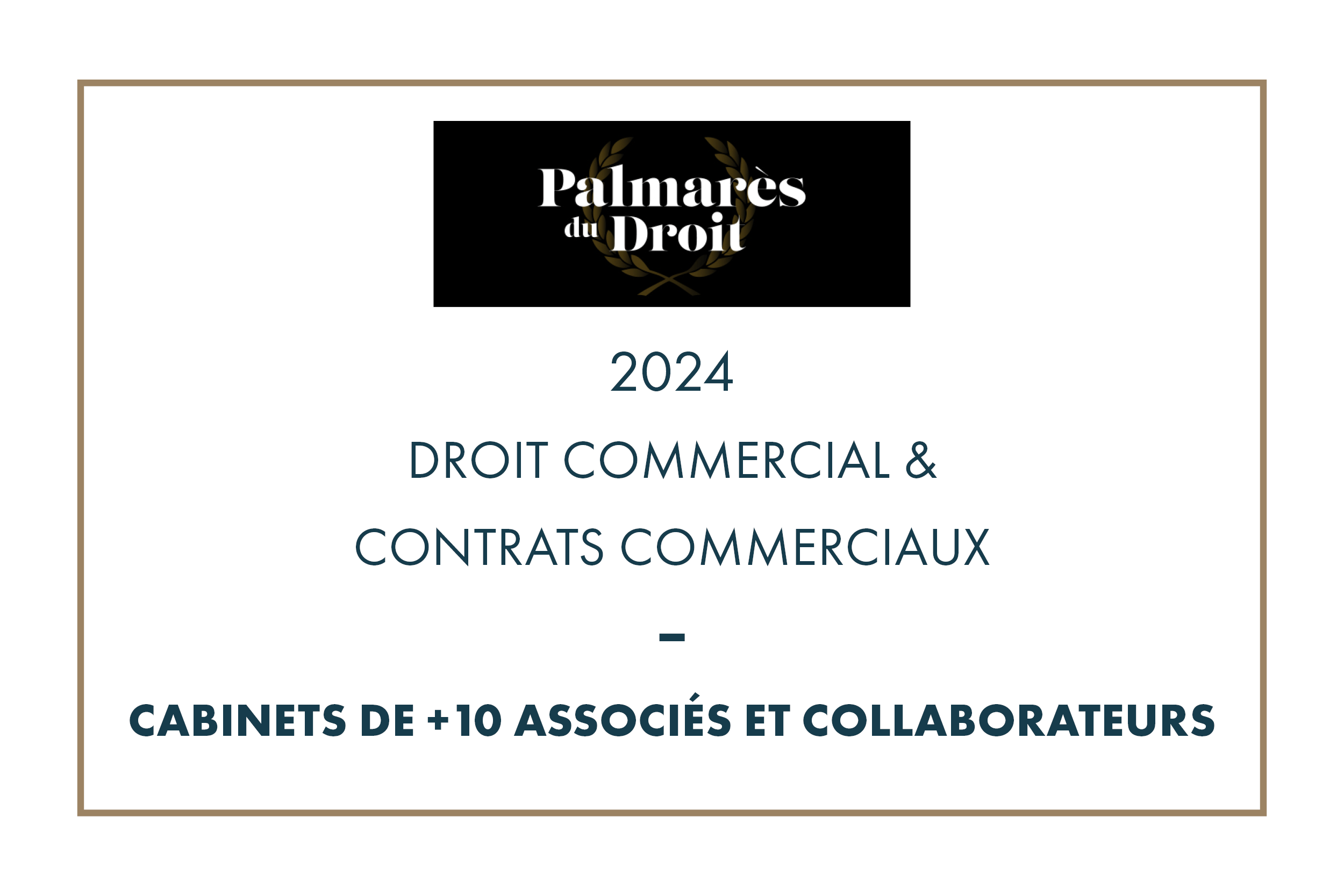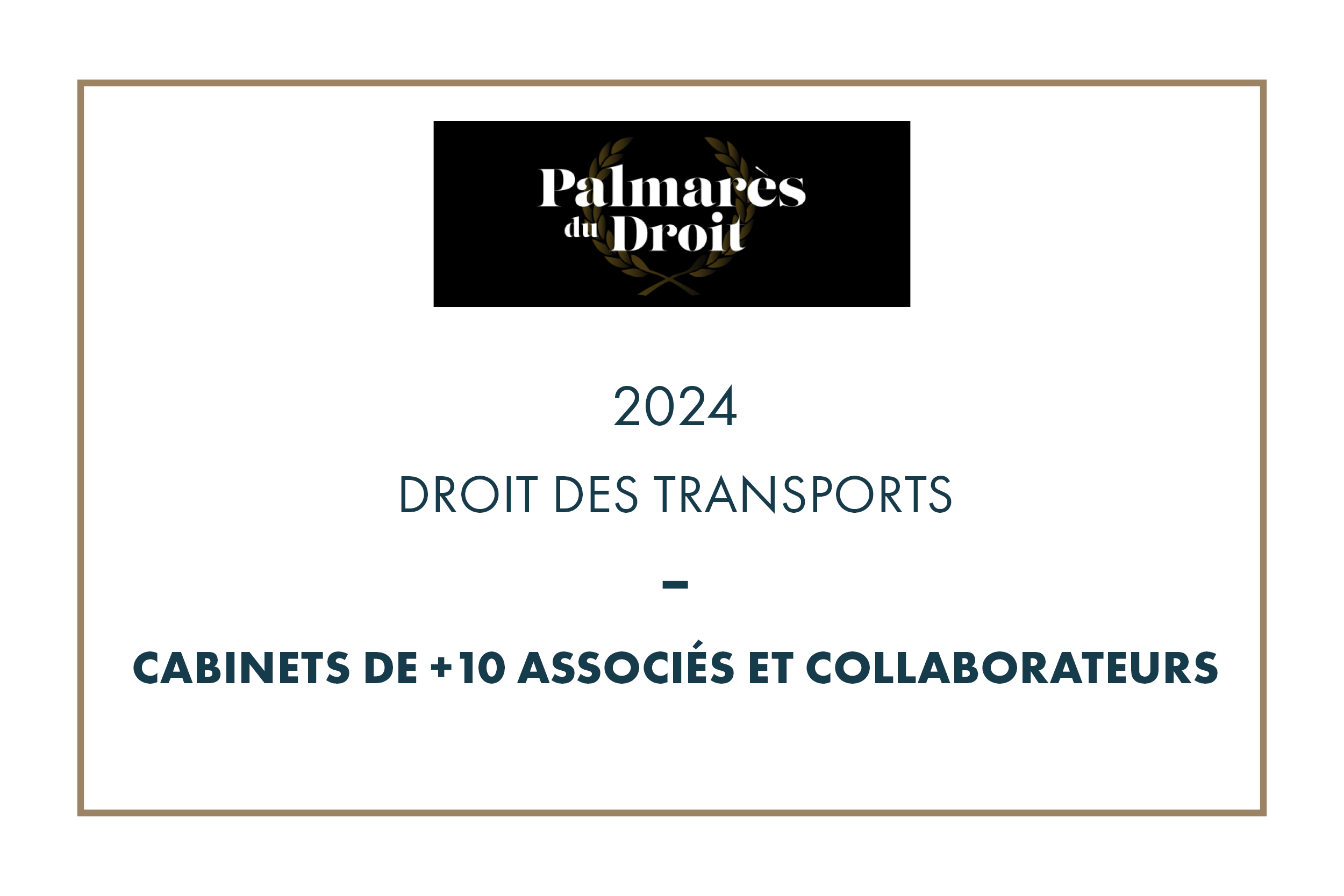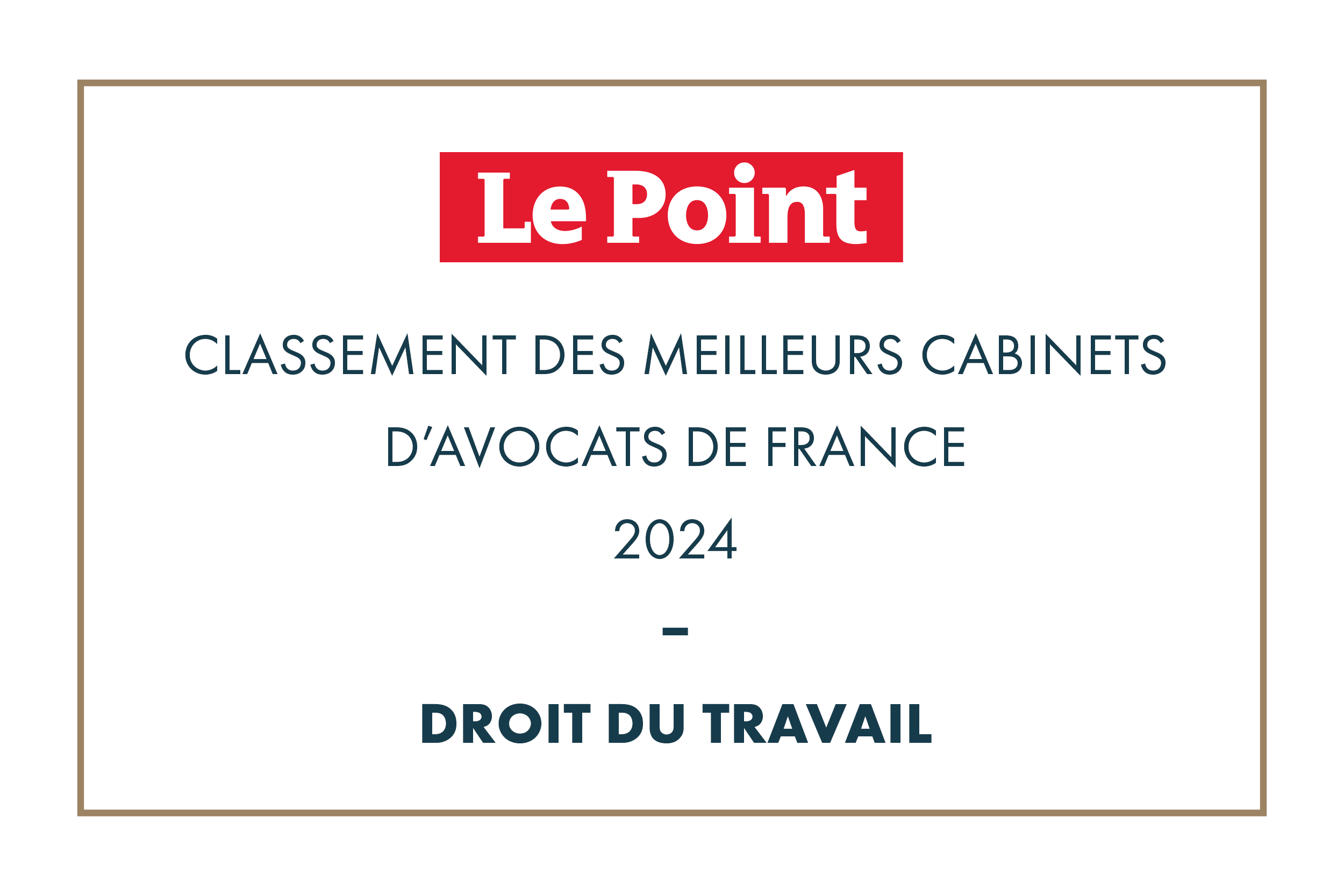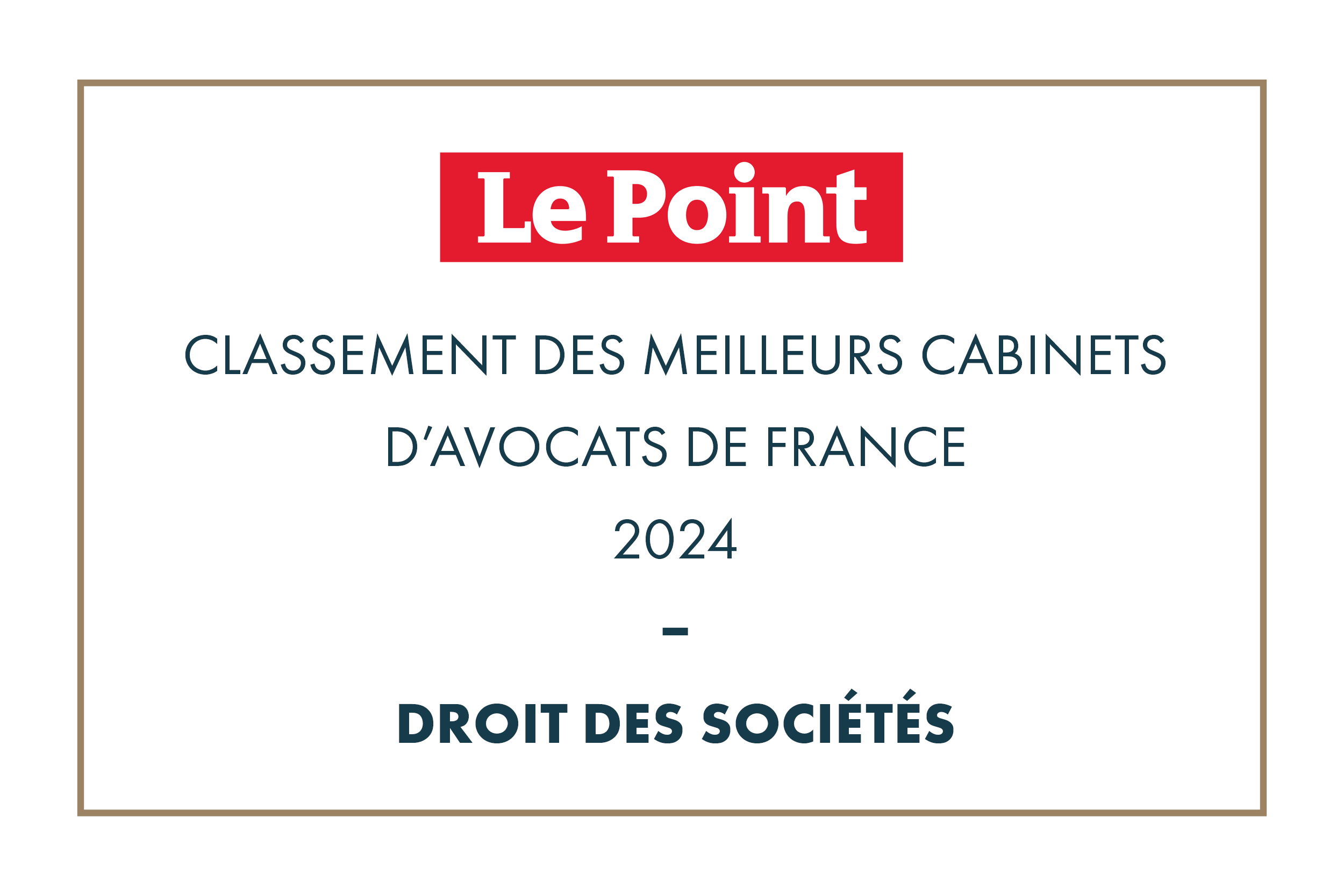Lawyer profile: Charlotte Souci-Guedj
29 December 2023
What initially drew you to health law and the legal redress of personal injury?
When I took my oath, I had a general practice, which enabled me to train and acquire a wide range of experience.
Having said that, I quickly realized that practicing my profession required specialization, and this is all the more true today.
So I asked myself what subjects I was interested in, and legal compensation for personal injury / health law seemed an obvious choice.
I’ve always had a strong interest in health and medicine. In fact, as a student lawyer, I did my PPI (Individual Pedagogical Project) internship in the legal department of the CHU in Nice.
I’m passionate about law, so these subjects were perfect for me.
In fact, legal compensation for personal injury affects all areas of the law, depending on the origin and causes of the damage that led to the injury.
I’m regularly called upon to juggle the rules of medical liability, product liability, the Badinter law (traffic accidents), to dissect insurance contracts (personal injury, provident cover), to examine the Labor and Social Security Code (work-related accidents and occupational illnesses), etc…
This involves all jurisdictions, whether civil, criminal or administrative, and all procedures, and requires real versatility.
All these reasons naturally drew me to these areas of law.
How has specializing in health law and personal injury compensation enriched your approach as a lawyer?
The enrichment is both professional and human.
From a professional point of view, these are constantly evolving subjects. There is a wealth of case law. This requires constant monitoring.
As I explained, all areas of law are involved in personal injury compensation and health law, so I have a good grasp of all procedures and disputes.
In human terms, of course, this is a considerable advantage. After all, health remains everyone’s main and essential concern. This is borne out by the expressions “good health” and “as long as you have your health”…
We need to find the right balance between empathy and sufficient distance to meet the demands of this area of law.
What are the specific challenges you face working in a constantly evolving field, and how do you overcome them?
I believe that evolution exists in all areas of the law. Nevertheless, my subjects have the specificity that the evolutions are not always respected by my interlocutors and it is in this that I see myself confronted with a “challenge”.
Let me explain. In the course of my work, I am in daily contact with administrative bodies, insurance companies and doctors, whether they are legal experts or experts appointed by the companies (in an amicable context).
The challenge is to speak the same language. Our training should be the same, but it’s not.
It’s never easy to discuss the law, changes in jurisprudence and legislative developments with a doctor who hears only a purely technical and medical reality, and refuses to apply a legal reality.
It is therefore essential to be constantly aware of legal developments, to keep up to date with the latest developments, and to defend one’s opinions to ensure the best possible defense for one’s clients.
I also surround myself with professionals whom I trust, and who prove to be invaluable support in their areas of expertise when needed.
How have your degrees in personal injury compensation and in the medical and social aspects of traumatic brain injury enriched your legal expertise and facilitated your communication with healthcare professionals and clients alike?
It seemed to me not only normal, but essential to obtain these diplomas, which complement my law degree.
It didn’t seem possible to talk about health and medicine without understanding their meaning.
What you need to know is that these courses are taught in medical schools. So I came into contact with healthcare professionals who also wanted to specialize in forensics, or in head trauma.
Naturally, my knowledge is limited, but I have grasped the medical language through these courses. I’ve also come to understand the vision of the medical profession, which, it has to be said, is diametrically opposed to the vision and language of lawyers.
This helped me to understand how doctors and healthcare professionals work in expert appraisals, and how they arrive at their conclusions.
This has enriched my legal expertise, as it has enabled me to understand the medical aspects of each of my cases, arising from the legal aspects.
It also gives me a certain legitimacy with regard to the healthcare professionals I’m likely to come up against.
Of course, it’s not my role to play doctor. But it still prevents me from being considered a laywoman.
Finally, for my customers, particularly those suffering from head trauma, it enables me to quickly detect the signs of such pathology.
Sometimes, even though my customer doesn’t know he’s been a victim. I often refer my customers to qualified professionals who can detect the signs of mild head trauma.
These are invisible sequelae, seen from the outside, and very often invisible on imaging, when the cranial trauma is mild. However, this can have serious consequences, which may not be remedied if the diagnosis is not made in time. It’s therefore essential to have these notions, which are totally complementary to my legal knowledge.
Working in health and personal injury cases can be emotionally demanding. How do you look after your emotional well-being while managing these sensitive aspects of your work?
Indeed, it’s an emotionally demanding field. It’s essential to be able to separate things out, and leave your professional issues behind when you get home. If I didn’t, it would be impossible for me to be efficient and ready to defend my customers’ interests every day.
That said, I’m often overwhelmed by my involvement, and my desire to have my clients’ rights recognized.
My emotional well-being depends first and foremost on the stability of my family, my husband and my children.
I also have hobbies that allow me to let off steam, and I’m always on top of my game at work. I believe that to be effective, it’s essential to be able to set aside time for yourself, otherwise fatigue and stress will take precedence over concentration and motivation.
What’s the most surprising or unexpected thing you’ve learned while working in healthcare law?
The COVID period was particularly surprising and unexpected, for someone like me who works in the healthcare field.
On a lighter note, I learned that one patient, whom I don’t know, was able to fake quadriplegia in order to obtain substantial compensation.
Naturally, an investigation was carried out, and the truth was soon uncovered. I was amused to see just how far some people were capable of going, and it also helped me to understand the distrust of my many interlocutors in the word of victims.
How do you contribute to social initiatives or causes in your professional practice?
I often give free talks to associations and doctors, to answer questions and give advice, for example.
I’ve also been involved in pro bono cases.
The firm is also patron of Global Heart Watch, an association dedicated to the fight against sudden adult death by cardiac arrest.
The aim of the association is to raise public awareness of life-saving gestures and support scientific research in the field of heart health.
In this context, I helped put the association in touch with the town hall of La Colle Sur Loup, so that a life-saving awareness campaign could take place. It is due to take place next January, and will enable dozens of people to be trained in life-saving techniques.
How do you decompress after an intense day’s work in a field as demanding as yours?
Most of the time, I’m with my family and children. They play, laugh and tell me all about their day, and it quickly puts my workday behind me.
I like cooking, it clears my head.
The music is also a lifesaver.
Can you tell us about NMCG’s national presence, and in particular about its new office in La Colle sur Loup? How does this particular location contribute to the firm’s overall legal strategy?
NMCG is constantly expanding. As we move forward, we always remember to surround ourselves with people who are like us, who have the same vision of the legal profession as we do.
Having a presence in major cities is of course essential, which is why the firm intends to expand and set up in other major French cities.
At the same time, however, smaller towns offer advantages not available in large conurbations.
We were keen to have a local presence. Me PEROUX and I have always lived in St Paul de Vence/ La Colle Sur Loup.
It’s a location with a wealth of entrepreneurs, and it’s growing fast. It was essential for us to bring our expertise to the local level, to create a qualitative network with our “neighbors”.
This fits in perfectly with NMCG’s development strategy, which aims to be both nationally present, with international connections, but also “human” in scale, close to the entrepreneur and close to its customers.
It is also a secondary practice to the main practice in Nice. This gives us two points of contact for our customers, and an inter-bar practice in NICE/GRASSE.




